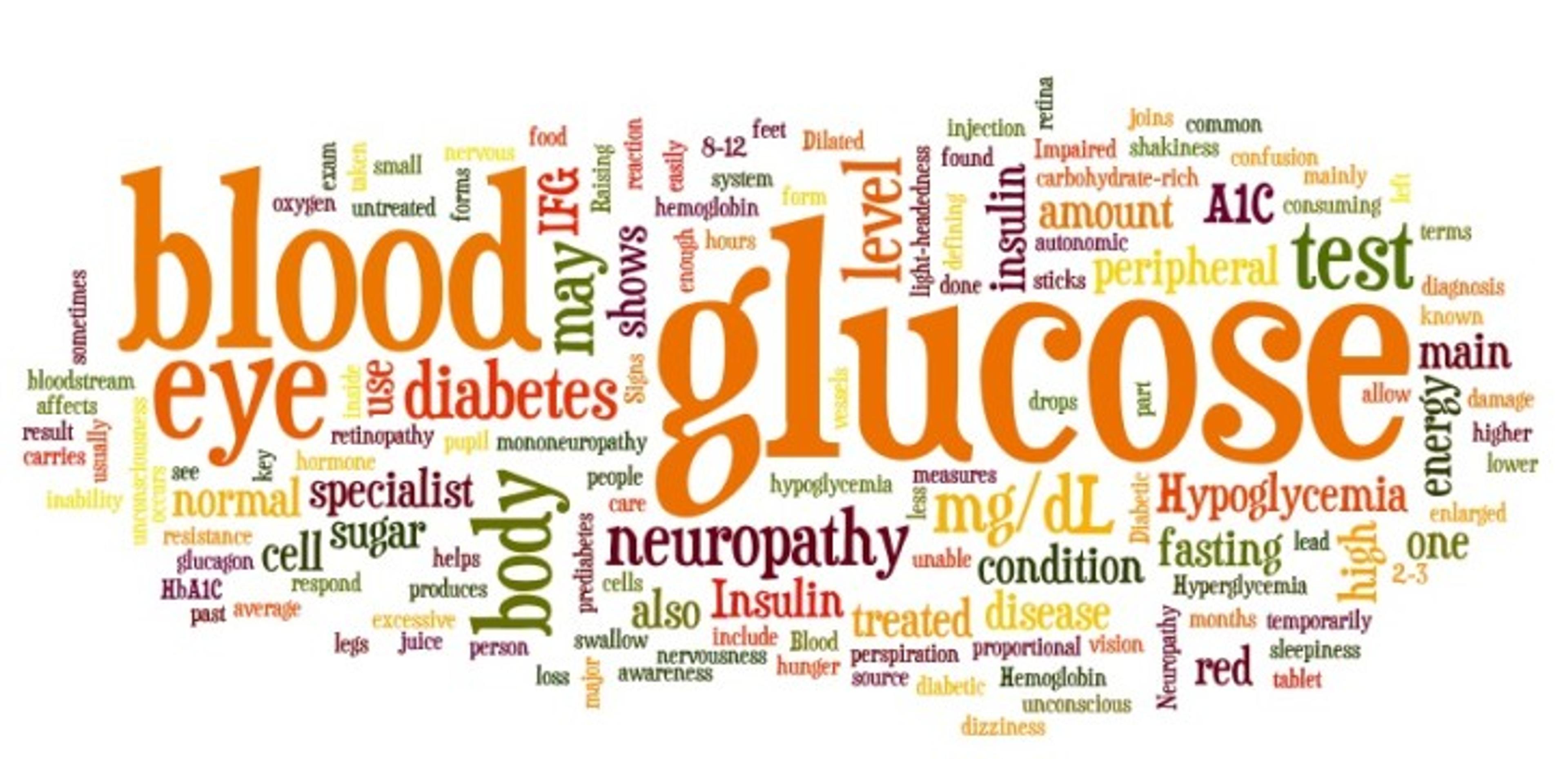Raising diabetes awareness by defining key terms

Niccole LaDue
| 3 min read

Diabetes is a serious disease that affects nearly 26 million Americans with another 79 million at risk. Education is an essential part in raising awareness about the devastating impact of diabetes and is what American Diabetes Month is all about.
Increasing your knowledge about diabetes starts with understanding key terms associated with the condition. Below are some commonly used diabetes-related terms and definitions from the American Diabetes Association. For the complete list click here. This list is very useful for someone who has been newly diagnosed with diabetes or pre-diabetes.
A1C – a test that measures one’s average blood glucose level over the past 2-3 months. Hemoglobin is the part of the red blood cell that carries oxygen to the cells and sometimes joins with the glucose in the bloodstream. Also called hemoglobin A1C (HbA1C), the test shows the amount of glucose that sticks to the red blood cell, which is proportional to the amount of glucose in the blood.
Blood glucose – the main sugar found in the body and the body’s main source of energy. Also called blood sugar.
Diabetic retinopathy – (diabetic eye disease) damage to the small blood vessels in the retina that may result in loss of vision.
Dilated eye exam – a test done by an eye care specialist in which the pupil of the eye is temporarily enlarged with eye drops to allow the specialist to see the inside of the eye more easily.
Hyperglycemia – high or excessive blood glucose.
Hypoglycemia – a condition that occurs when one’s blood glucose is lower than normal, usually less than 70 mg/dL. Signs include hunger, nervousness, shakiness, perspiration, dizziness or light-headedness, sleepiness, and confusion. If left untreated, hypoglycemia may lead to unconsciousness. Hypoglycemia is treated by consuming a carbohydrate-rich food such as a glucose tablet or juice. It may also be treated with an injection of glucagon if the person is unconscious or unable to swallow. Also known as an insulin reaction.
Impaired fasting glucose (IFG) – a condition in which a blood glucose test, taken after 8-12 hours of fasting, shows a level of glucose higher than normal, but not high enough for a diagnosis of diabetes. IFG is also called prediabetes and is a level of 100 mg/dL to 125 mg/dL.
Insulin – a hormone that helps the body use glucose for energy.
Insulin resistance – the body’s inability to respond to and use the insulin it produces.
Neuropathy – disease of the nervous system. The three major forms in people with diabetes are peripheral neuropathy, autonomic neuropathy, and mononeuropathy. The most common form is peripheral neuropathy, which affects mainly the legs and feet.
Pre-diabetes – a condition in which blood glucose levels are higher than normal, but not high enough for a diagnosis of diabetes.
For more information about the prevention and management of diabetes visit the American Diabetes Association or the Centers for Disease Control and Prevention. Together we can raise awareness about diabetes and work to prevent this disease!





